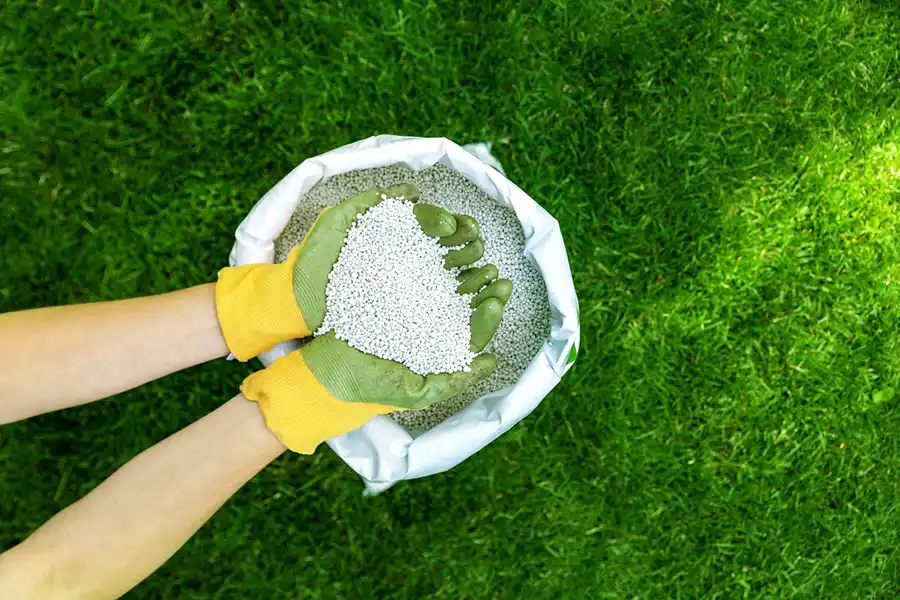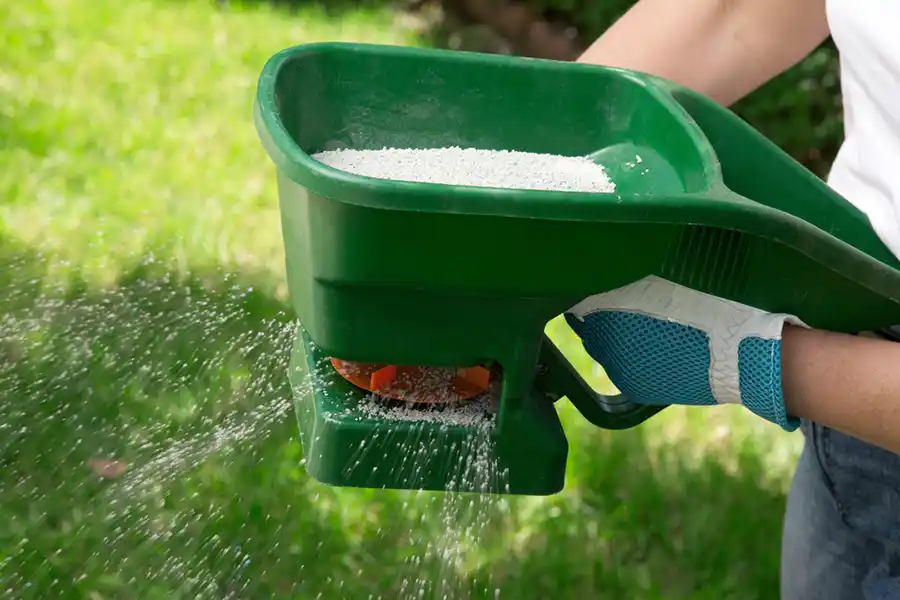Some Ideas When Is the Best Time to Fertilize Your Lawn
Unlock the Secret to a Lush Winter Lawn
Preparing your lawn for winter involves several key steps, one of the most crucial being fertilization. Timing this correctly ensures your grass remains healthy and resilient through the cold months. This guide will help you understand when is the best time to fertilize your lawn to achieve the best results before winter sets in.
Understanding Your Grass Type

Different grass types have varying needs, especially when it comes to lawn fertilization before winter. Knowing whether your lawn consists of cool-season or warm-season grasses will guide your fertilization schedule.
- Cool-season grasses: Such as bluegrass and fescue, thrive on fall fertilization. This is their peak growing season.
- Warm-season grasses: Like Bermuda and zoysia, benefit most from late spring or early summer fertilization but may need a mild application in the fall to prepare for dormancy.
- Transition zone grasses: In areas where both types are present, tailor your approach based on the predominant grass type in your lawn.
Best Timing for Fertilization
The timing of your fertilization is pivotal to support healthy growth and winter preparedness. For most lawns, the following timing works best:
- Late summer to early fall: This is ideal for most lawns, usually around late August to October. Fertilizing during this period helps grass roots develop and store nutrients for the winter.
- Avoid late fall: Applying fertilizer too late can lead to new growth that won’t survive the frost.
- Frequency and formula: Use a slow-release, nitrogen-rich fertilizer that will nourish the grass over time rather than all at once.
Fertilization Techniques and Tips
When is the best time to fertilize your lawn isn’t the only thing to consider. Proper application is just as important as timing. Using the right techniques will ensure that the fertilizer benefits your lawn the most without causing damage or waste.
- Use a spreader: For even distribution, use a broadcast or drop spreader. This prevents burn spots and ensures all areas receive nutrients.
- Follow instructions: Always adhere to the manufacturer’s recommended rates. Over-fertilizing can harm your lawn.
- Water your lawn: After fertilizing, lightly watering helps activate the fertilizer and reduce the risk of burning the grass.
Learn From Experts When Is the Best Time to Fertilize Your Lawn

Ready to ensure your lawn is lush and healthy for the coming winter? Contact Greenfield Landscaping Co. at (303) 970-7685 today to book our quality lawn care services in Boulder, CO!